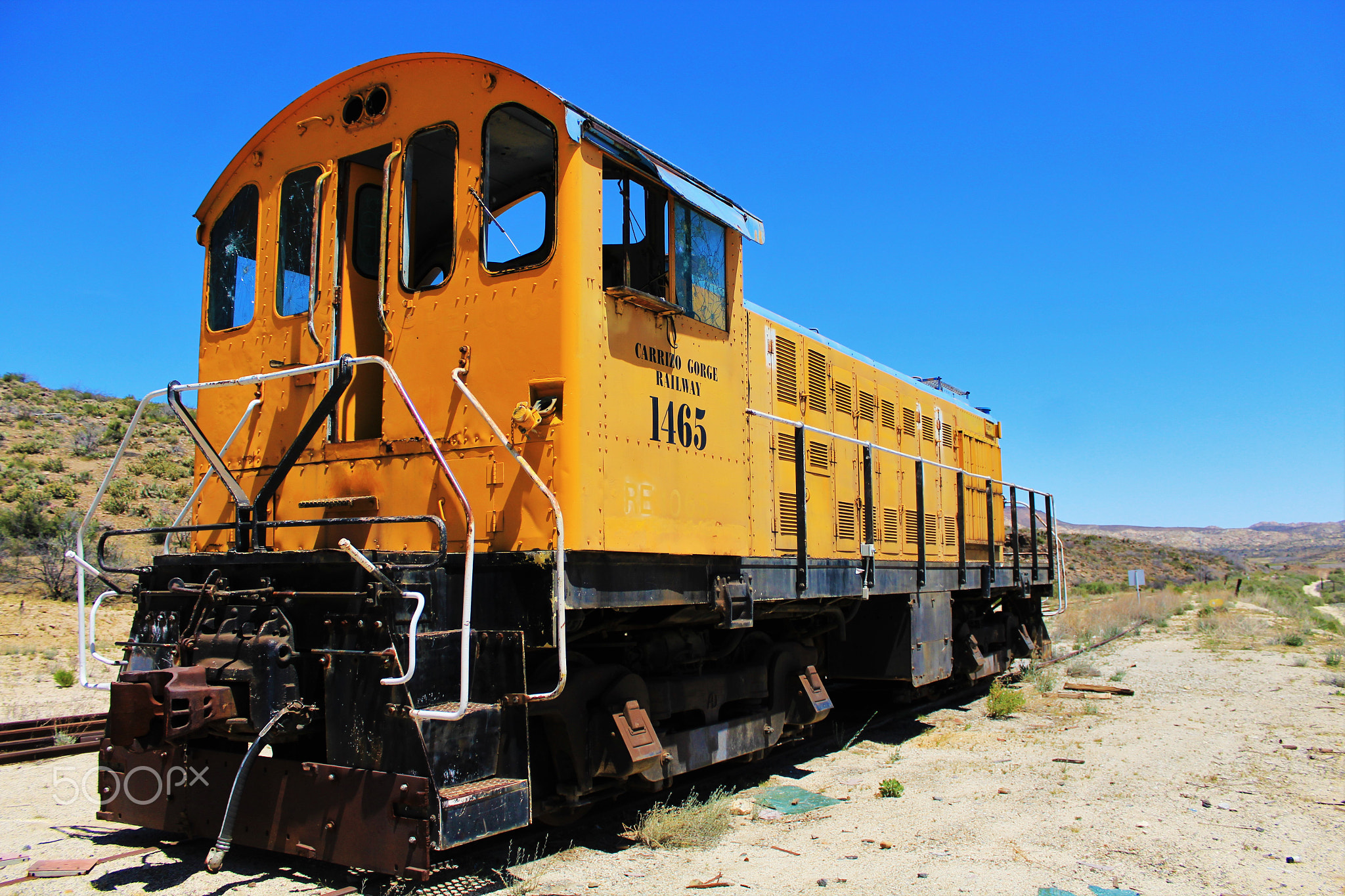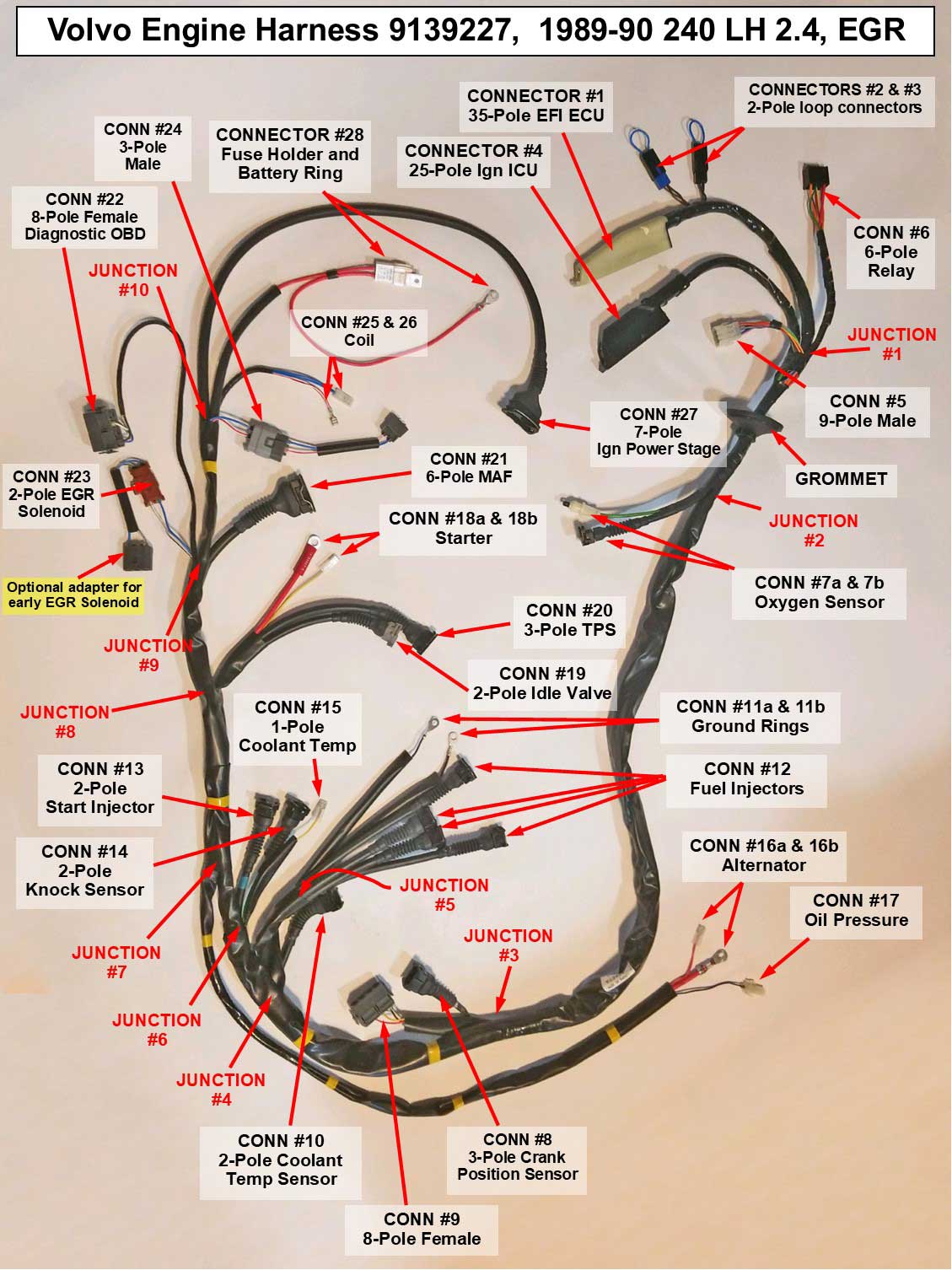
 In the late 19th and early 20th centuries, a number of systems in various parts of the world employed trams powered by gas, naphtha gas or coal gas in particular. Comparatively little has been published about gas trams. The first mechanical trams were powered by steam. Dublin & Blessington Steam Tramway (from 1888) in Ireland. Horse-drawn trams still operate on the 1876-built Douglas Bay Horse Tramway on the Isle of Man, and on the 1894-built Victor Harbor Horse Drawn Tram, in Adelaide, South Australia. The world's first experimental electric tramway was built by Ukrainian inventor Fyodor Pirotsky near St Petersburg, Russian Empire, in 1875. The first commercially successful electric tram line operated in Lichterfelde near Berlin, Germany, in 1881. It was built by Werner von Siemens (see Berlin Straßenbahn). The earlier, fitted to the 1965 through 1968 Ford-built cars and the 1971-1972 Nissan Cedric, employed an electric motor driving, through reduction gearing, a set of three slow-turning cams. There’s a reason why in winter, Nissan LEAF drivers like myself use the heated steering wheel and seat warmers instead of the heater whenever possible. Green: Used by firefighter departments in cities like Santiago, Rancagua, etc. Also used by Gendarmeria de Chile for their prisoner transport vehicles.
In the late 19th and early 20th centuries, a number of systems in various parts of the world employed trams powered by gas, naphtha gas or coal gas in particular. Comparatively little has been published about gas trams. The first mechanical trams were powered by steam. Dublin & Blessington Steam Tramway (from 1888) in Ireland. Horse-drawn trams still operate on the 1876-built Douglas Bay Horse Tramway on the Isle of Man, and on the 1894-built Victor Harbor Horse Drawn Tram, in Adelaide, South Australia. The world's first experimental electric tramway was built by Ukrainian inventor Fyodor Pirotsky near St Petersburg, Russian Empire, in 1875. The first commercially successful electric tram line operated in Lichterfelde near Berlin, Germany, in 1881. It was built by Werner von Siemens (see Berlin Straßenbahn). The earlier, fitted to the 1965 through 1968 Ford-built cars and the 1971-1972 Nissan Cedric, employed an electric motor driving, through reduction gearing, a set of three slow-turning cams. There’s a reason why in winter, Nissan LEAF drivers like myself use the heated steering wheel and seat warmers instead of the heater whenever possible. Green: Used by firefighter departments in cities like Santiago, Rancagua, etc. Also used by Gendarmeria de Chile for their prisoner transport vehicles.
Or perhaps you are buying a new car, and you hear things like "2.5-liter incline four" and "turbocharged" and "start/stop technology." What does all of that mean? Since a typical horse pulled a streetcar for about a dozen miles a day and worked for four or five hours, many systems needed ten or more horses in stable for each horse car. Within a year, the economy of electric power had replaced more costly horse cars in many cities. In late 1887 and early 1888, using his trolley system, Sprague installed the first successful large electric street railway system in Richmond, Virginia. These trams were an animal railway, usually using horses and sometimes mules to haul the cars, usually two as a team. Vehicles using flashing blue lights and siren have right of way over all other vehicles. Amber: construction and utility; funeral homes; semi-trucks amber marker lights and semi-trucks with big and long trailers; airport service vehicles (excludes emergency vehicles); private snow removal vehicles (Ontario); Canadian Automobile Association Emergency Assistance vehicles; snow removal (Nova Scotia).
In most countries, weather conditions rarely necessitate the use of front fog lights and there is no legal requirement for them, so their primary purpose is frequently cosmetic. Likewise, Section 34 b-1 of Republic Act 4136 allows Police Cars, Fire Wagons, and Ambulances to use a bell, siren, or exhaust whistle of a type approved by the Commissioner of Land Transportation. In 2018, Transportation Corridor Agencies, operator of the Orange County toll roads, signed a long term agreement to be the processing partner for the San Bernardino County high-occupancy toll lanes. Santa Clara Valley Transportation Authority (June 28, 2020). "US 101 Express Lanes Project (Phase 5)". Santa Clara Valley Transportation Authority. The first tram in South America opened on 10 June 1858 in Santiago, Chile. The other style of steam tram had the steam engine in the body of the tram, referred to as a tram engine (UK) or steam dummy (US).
Comments
Post a Comment